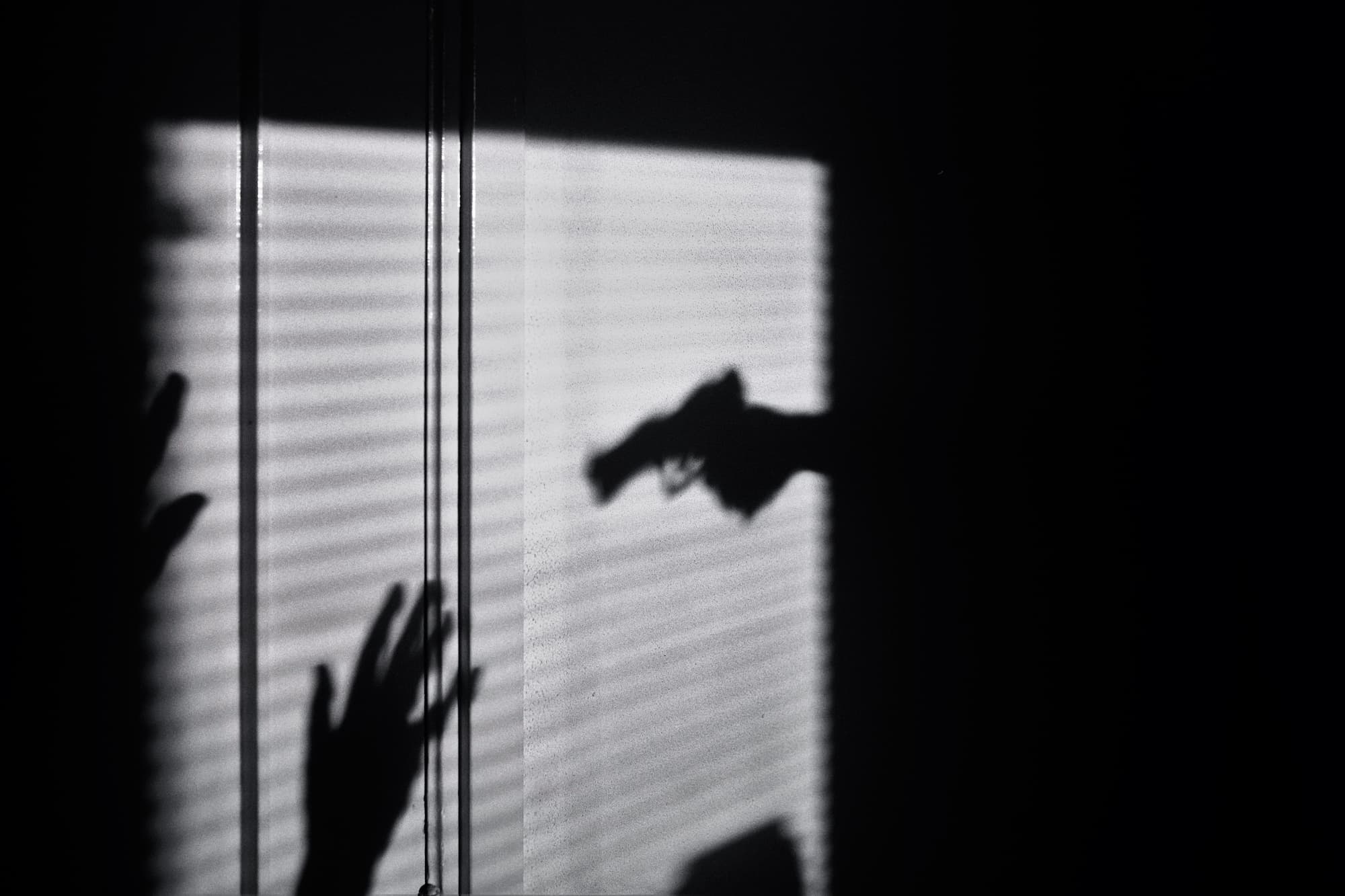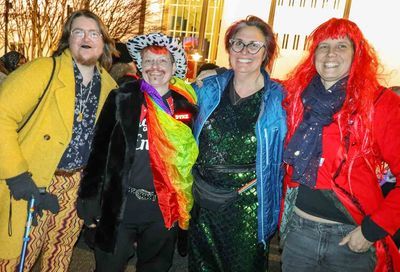Gay, bi men in anti-LGBTQ countries at increased risk of suicidal ideation
Gay and bisexual men in intolerant countries had worse mental health outcomes than those in more tolerant countries, study finds

Gay and bisexual men living in countries with hostile laws and attitudes suffer “significant psychological harm,” a study by the Yale School of Public Health has found.
Published in the Journal of Abnormal Psychology, the study is believed to be the first to evaluate the impact of a nation’s structural stigma on mental health among gay and bi men by examining geographic mobility patterns.
“By taking advantage of the fact that many of the men in this study had moved between countries, we were able to take a novel approach to answering the question of whether and how structural conditions surrounding gay and bisexual men might be relevant to their mental health,” said the study’s lead author, John Pachankis.
“We found that stigma against gay and bisexual men is a public health threat that needs to be addressed.”
Researchers evaluated responses from 123,000 people in Europe between 2017-18, assigning a score to each country based on the presence of anti-LGBTQ laws, policies and attitudes.
Their analysis suggests that the extent to which gay and bi men are structurally stigmatized in their home countries is strongly related to the risk of depression or suicidality.
However, this correlation is lower for those moving to a lower-stigma country, but not significantly different for those moving to a higher-stigma country — with researchers suggesting that more protective environments foster resilience against future stigma.
Researchers also found that gay and bi men who live in countries with higher structural stigma or who had moved from such countries were likelier to hide their sexual identities, isolate themselves and exhibit internalized homophobia, all to the detriment of their mental health.
For example, more than 30% of respondents living in Russia — where lawmakers are increasingly targeting LGBTQ people — reported suffering from depression.
Rates of depression were twice as low in Belgium, the nation with one of the lowest levels of structural stigma, according to the study.
While the findings provide evidence that can be used to inform laws, policies and mental health care for gay and bi men, researchers argue that further study is needed to better understand the effect of stigma.
Related:
Russia might brand LGBTQ organizations as “extremist” in order to ban them
White nationalists wipe feet on Pride flag at festival in Poland
European Union reveals plan to tackle rising anti-LGBTQ discrimination
Read More:
Movie Review: House of Gucci’s accents are truly a spectacle unto themselves
National equality organizations launch anti-bullying website to support LGBTQ youth and parents
Virginia school board removes ban on LGBTQ books after member suggested burning them
Support Metro Weekly’s Journalism
These are challenging times for news organizations. And yet it’s crucial we stay active and provide vital resources and information to both our local readers and the world. So won’t you please take a moment and consider supporting Metro Weekly with a membership? For as little as $5 a month, you can help ensure Metro Weekly magazine and MetroWeekly.com remain free, viable resources as we provide the best, most diverse, culturally-resonant LGBTQ coverage in both the D.C. region and around the world. Memberships come with exclusive perks and discounts, your own personal digital delivery of each week’s magazine (and an archive), access to our Member's Lounge when it launches this fall, and exclusive members-only items like Metro Weekly Membership Mugs and Tote Bags! Check out all our membership levels here and please join us today!





















You must be logged in to post a comment.